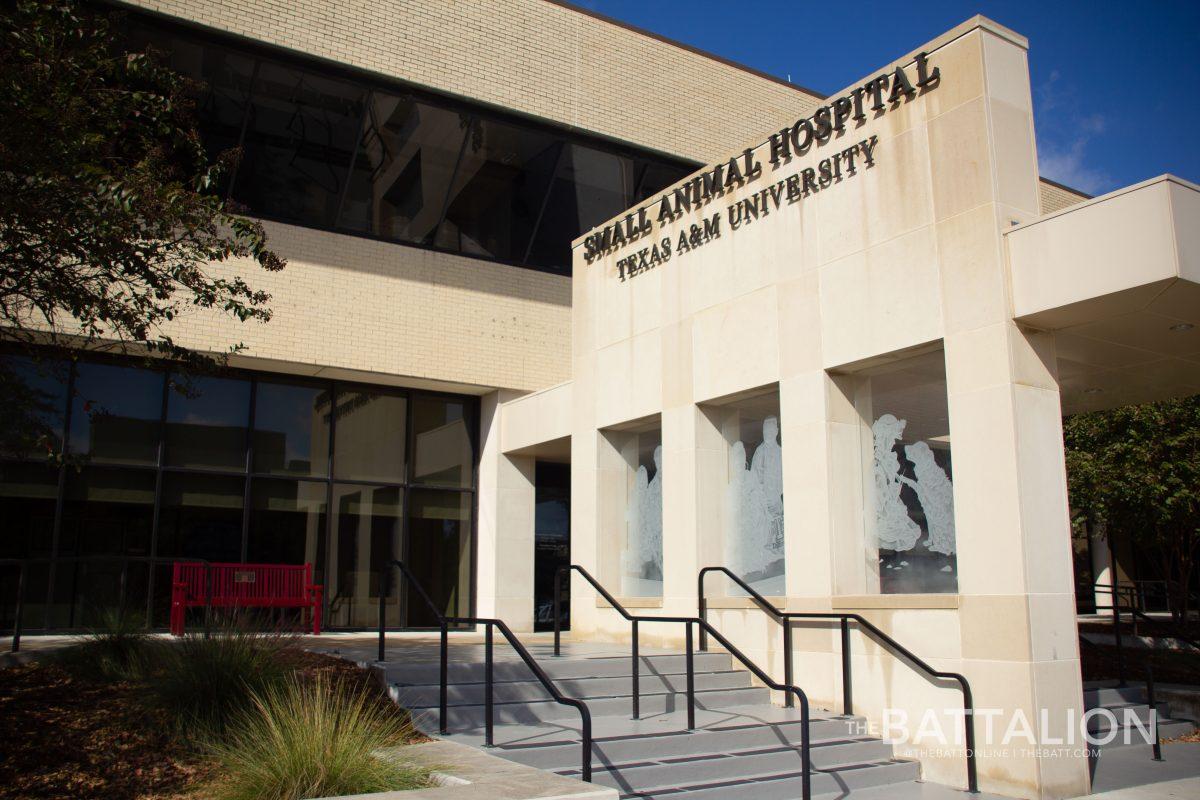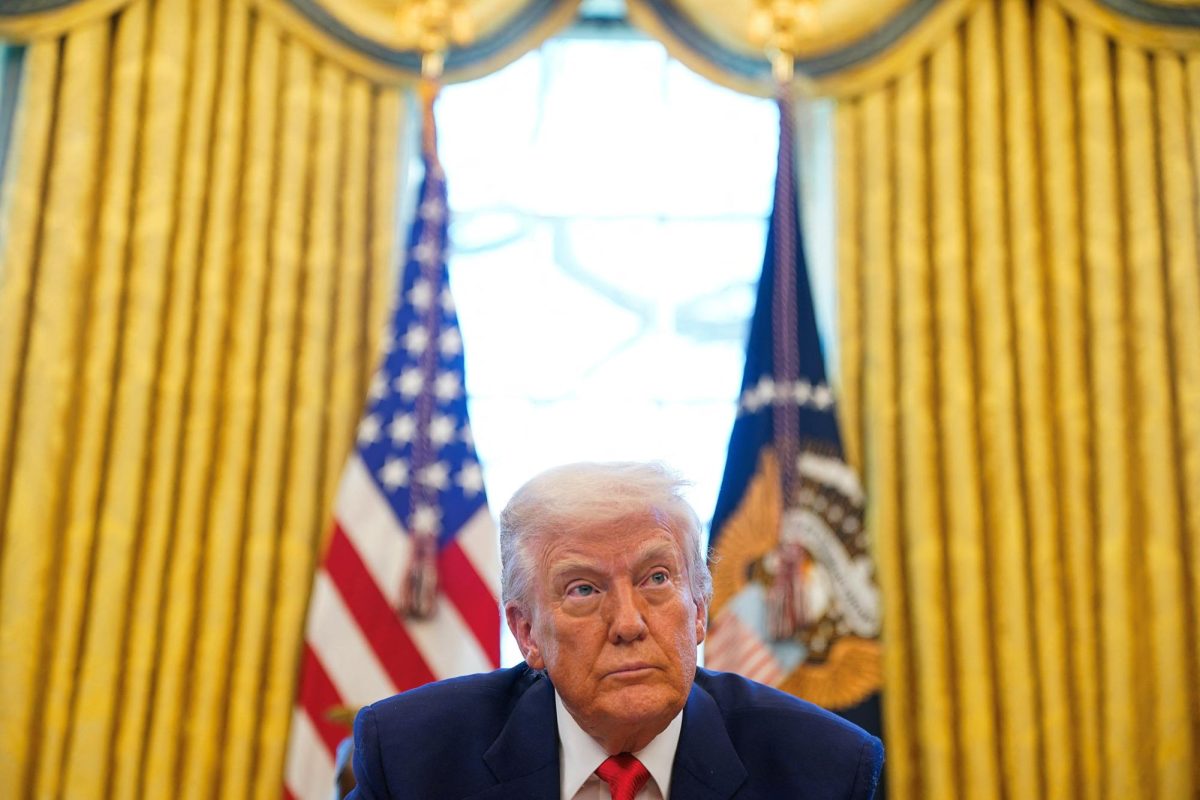In a 24-7 vote, the Texas Senate recently passed Senate Bill 3 to ban hemp products across the state, a change proponents say is necessary because previous legislation made hemp-derived products too widely available. SB 3 needs approval from the Texas House before Gov. Greg Abbott can sign it into law.
Facing strong opposition from lawmakers in the Texas House and hemp business owners alike, analysts agree that the bill will have a rocky road ahead. Earlier this week, Lt. Gov. Dan Patrick threatened a special session over the issue, designating the bill as a top priority.
“A license holder may not manufacture a consumable hemp product that contains any amount of a cannabinoid,” the bill reads. “A consumable hemp product … may not be sold at retail or otherwise introduced into commerce in this state.”
Nevertheless, hemp business owners and policy advocates largely disagree with the bill’s intent, arguing that the legislation takes aim at a legal industry with a distinct role in both Texas society and the economy.
“We’ve helped more than 75,000 people,” said Stephen Gurka III, the owner of Elevated Stash in College Station. “It was very fitting to open up a dispensary in the heart of College Station in 2020, when all the laws changed.”
Referring to House Bill 1325, the 2019 legislation spurred the state hemp industry, laying the groundwork for its size today. But State Sen. Charles Perry (R-28) — a key proponent of SB 3 — has claimed that the industry is taking advantage of privileges granted by the legislature and instead proposed a widespread ban on all products containing THC.
“There are strict regulations,” Gurka said. “Now, there are a few regulations that fall short.”
Gurka and the co-owner of Elevated Stash, Alejandro Aguilar, have implemented regulations in place for the gaps that have appeared in previous legislation. In addition to lab tests, he instituted an age restriction on all of his products, ensuring adolescents and the youth at large do not gain access — a point of contention shared by state senators who passed SB 3.
“It’s little things like that — educating the consumer, making sure they get safe, reliable brands that are on the marketplace,” Gurka said.
Perry, who drafted SB 3, has said that House Bill 1325 was originally created to support farmers and claims that most of the products on the market are high-potency, lab-manufactured THC products.
In a recent press conference, Patrick lambasted the drug as a “poison in our community,” demanding that the legislature “ban THC and shut all these stores down.”
“You might want to voluntarily close your doors because the investigations are going to continue, and I’m sure the lawsuits are about to come,” Patrick said. “You know what you’re doing.”
Gurka said misinformation remains rampant in the discussion of cannabis legality.
“This stuff has been legal since 2018,” Gurka said. “There has not been any deaths.”
According to the Texas Department of State Health Services, since they began recording data related to cannabinoid poisoning, 17 deaths have been called into the Texas Poison Center Network. This number represents 0.1% of all calls, of which 53.7% are in minors under the age of 19.
“Concerns about semi-synthetic THC can be directly addressed through regulatory enforcement and by legalizing natural cannabis,” Heather Fazio, the director of the Texas Cannabis Policy Center, wrote in a press release. “It is Texas’ commitment to prohibition that has created this market for converted cannabinoids in the first place. If lawmakers are serious about protecting consumers, the logical step is to legalize and properly regulate botanical cannabis with naturally occurring THC, rather than enacting broad bans that drive demand for illicit alternatives.”
Gurka doesn’t see a widespread ban as the solution to problems related to the hemp industry, such as accidental overdoses by unsuspecting youth and more. Instead, he said more testing should be enforced on products, with an emphasis on hemp shops without the required licenses to sell hemp-derived products.
“The Department of State Health Services actually has these rules in place,” Gurka said. “They should be going after the shops that don’t have these licenses.”
Texas A&M hosted the Texas Cannabis Policy Conference in September 2024, which featured students and professors showcasing their improvements in hemp production and crop breeding.
Fazio said soil and crop programs at universities across the state would be disproportionately affected by SB 3, as the growing market has allowed for funding and interest in these programs.
“The bill’s fiscal note estimates it will cost Texas more than $27 million, not including the untold costs to the criminal justice system,” Fazio wrote. “Law enforcement agencies and prosecutors will be forced to divert resources from real crime to arrest and convict thousands of Texans for possessing a federally legal product.”
As SB 3 moves through the legislature to House lawmakers for final say, the bill stands as an encompassing blow to numerous hemp businesses across the state, whose hemp products have seen support from a variety of people.
“Everything we have is in this business,” Gurka said. “We have nine employees that rely on us. An outright ban would be devastating to the customers, to my employees and then above all, to the income I provide for my family.”





















